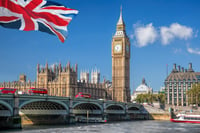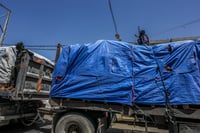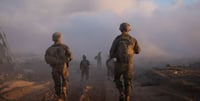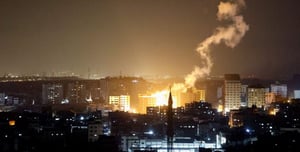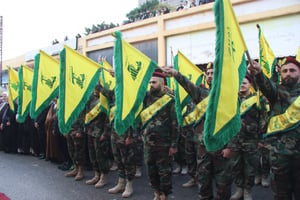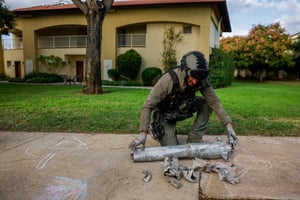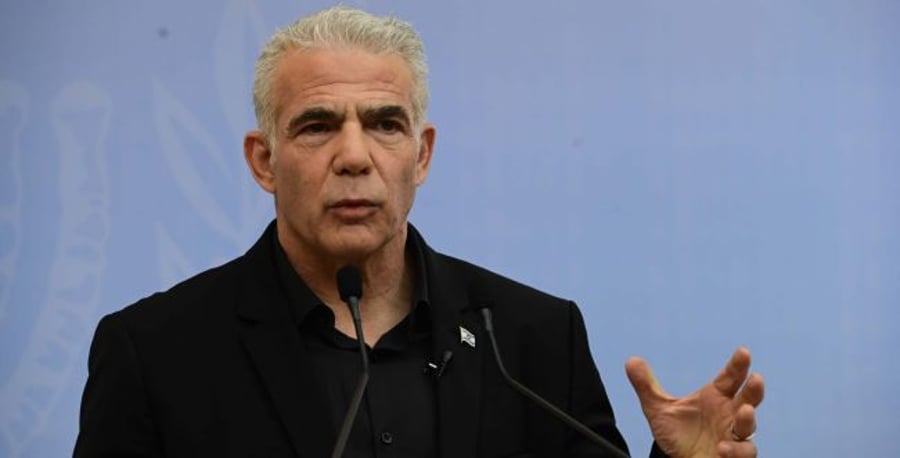
Opposition Leader MK Yair Lapid presented an immediate plan containing eight initial steps to improve civilian service and care: “Get out of shock, get to work, we will help.”
According to Lapid: “We can understand the shock and paralysis of the governmental systems in the first days, we cannot understand why the system has not yet come out of the shock. The state today is not present – not with the evacuees, not with the captives, not with the survivors, not with the families of citizens who went into the reserves, not with the children who lack frameworks.”
“The plan we are presenting here does not come to bash the government”
Lapid presented his plan to improve civilian service and care. “To restart the systems, we’ve built a national plan to improve civilian service and care, which can and should be implemented even during the fighting,” he said. He added that “we’ve worked with experts, with local authorities, with people who managed governmental offices in emergency times and peacetime.”
He also said: “The systems have accumulated a great deal of experience both in previous wars and during corona. The plan we are presenting here does not come to bash the government. We’re here to help. We’ve delivered the plan to the Prime Minister’s Office, the Finance Ministry, and the Local Government Center. We offer our help and experience to all these parties.”
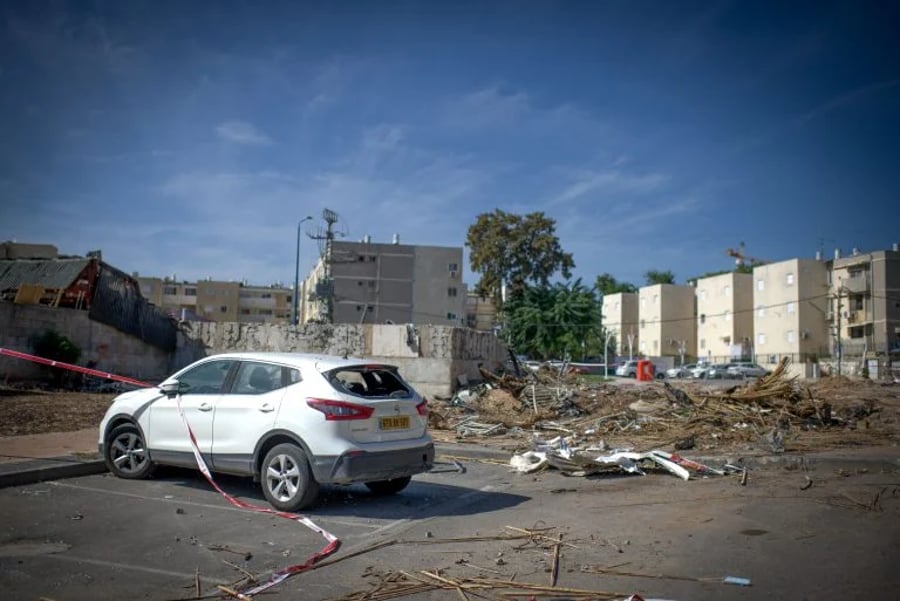
Here are the points of the Lapid Plan:
- Talk to the citizens: appoint an official civilian spokesperson updating the public every day. Establish an international hasbarah administration.
- Present a plan for all residents evacuated from their homes. Transfer authority and budgets to local government. Find housing solutions. Double the initial grant to evacuees. Establish a “mobile governmental neighborhood.”
- Special aid to small and medium businesses: ensure economic certainty, leniencies, flexible furloughs, and grants.
- Aid to reservists and their families – economic relief and flexibility. Professional retraining for agriculture and construction.
- Maintaining maximal routine in the education system, with emotional support for children, with an emphasis on finding educational frameworks for evacuated settlements.
- Mental health – expanding the response. Recruiting therapists and transferring budgets and responsibility to local authorities.
- Strengthening personal security – reorganizing settlement security: security response teams, increasing the police, and more, along with local authorities, Rear Command, and the National Security Ministry.
- Closing down unnecessary government offices and transferring coalition money and personnel positions to emergency needs and strengthening local government.

